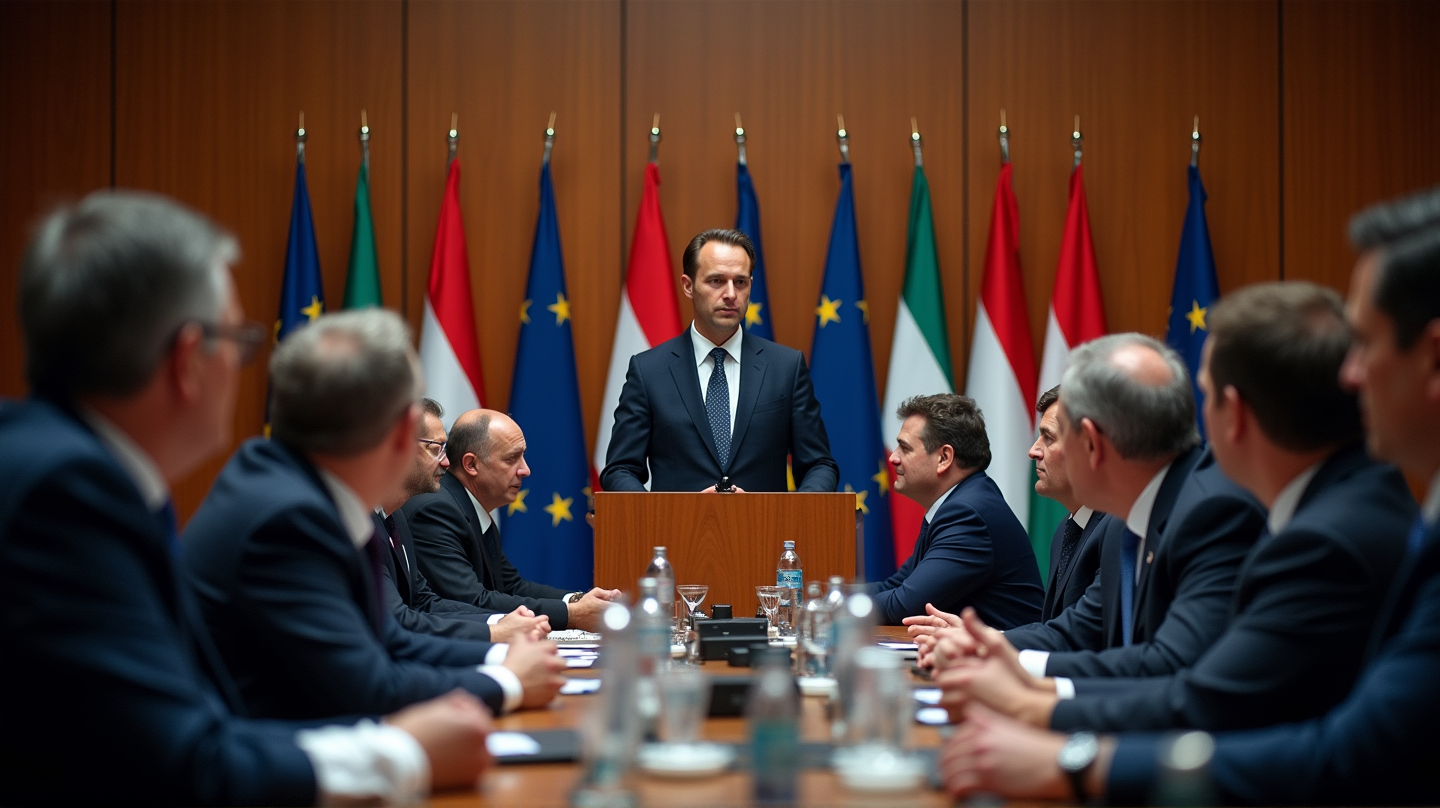Hungarian Foreign Minister Szijjártó Claims EU Financial Support to Ukraine is Unsustainable

Hungarian Foreign Minister Szijjártó Claims EU Financial Support to Ukraine is Unsustainable
The ongoing debate over the European Union’s financial support for Ukraine has taken a new turn as Hungarian Foreign Minister Péter Szijjártó raises serious concerns. The minister recently voiced that the EU’s current trajectory in financially backing Ukraine might be economically unsustainable for member states. But what are the underlying issues, and why does Hungary stand firmly against this support?
Background of the EU-Ukraine Financial Relationship
The EU has channeled substantial resources toward Ukraine, aimed at stabilizing the region amidst geopolitical conflicts. However, according to Minister Szijjártó, such aid could strain the EU’s budget, potentially impacting other critical areas requiring funding. Hungary has long advocated for a balanced approach to international financial aid, emphasizing the significance of fiscal responsibility among EU nations.
Hungary’s Stance: A Matter of Prioritization
From Szijjártó’s perspective, Hungary’s stance is not merely a financial argument but a strategic realignment of priorities. As stated in DailyNewsHungary, the funds allocated for Ukraine could be strategically invested within the Union itself, addressing infrastructural and social challenges that member countries face. Such reallocation could enhance the resilience and cohesion of the EU, thereby indirectly supporting broader international stability.
Economic Implications for the European Union
Economically, the EU’s financial aid strategies are pivotal in shaping the region’s future. The reliance on collective funding from member states to support external alliances highlights an intricate balance of power, economic dependency, and fiscal integrity. Minister Szijjártó asserts that, without careful management, this balance could tilt unfavorably, leading to a financial burden that few countries are prepared to bear.
An Alternative Path Forward?
This emerging narrative from Hungary calls for a re-evaluation of the EU’s diplomatic and financial engagements. The proposition suggests a stronger focus on internal development while cautiously extending support to external regions. By doing so, the EU could secure long-term prosperity and stability within its borders before committing resources globally.
A Broader Perspective
Hungary’s conditional approach reflects a broader debate within the EU—one that involves assessing the Union’s role on the world stage and the implications of its decisions. With increasing economic pressures, the decision-makers face a formidable challenge: balancing internal welfare with external responsibilities.
In conclusion, while Hungary brings a unique perspective to the table, its assertions resonate with wider European concerns about sustainable funding and strategic prioritization. Whether this will lead to palpable policy shifts or remain a point of contention among EU member states remains to be seen. The dialogue continues, as does the complexity of international support dynamics in a rapidly changing geopolitical landscape.





